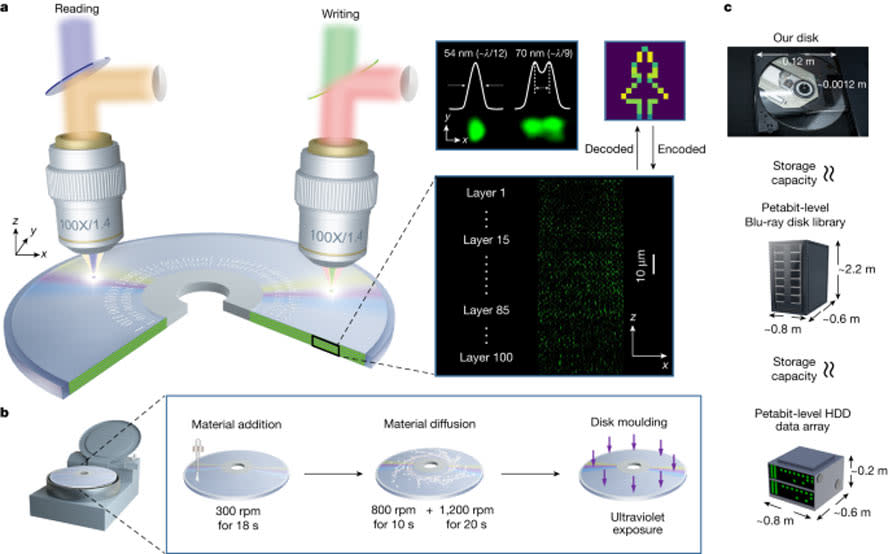A case that stunned Connecticut more than five years ago returned to a Hartford courtroom this week as defense attorneys argued whether investigators had a legal right to enter the home of UConn medical professor Pierluigi Bigazzi and his wife Linda Kosuda-Bigazzi, who is charged with his death.
Kosuda-Bigazzi is charged with killing her elderly husband sometime in 2017 and allegedly hiding his body in their Burlington basement for over six months while continuing to collect biweekly payments from UConn Health, where Pierluigi Bigazzi was a pathology professor for over 40 years.
Kosuda-Bigazzi was arrested in February 2018 and charged with murder and tampering with physical evidence. Attorney Gregory A. Jones, one of Kosuda-Bigazzi’s defense attorneys, said that her defense team has filed six motions to suppress certain evidence in the case that are now being argued in court as the years-long case still awaits trial.
The defense this week argued a motion that draws into question whether investigators had a legal right to go into the couple’s home at 70 Smith Lane the first time they made entry.
“It is our understanding that when police arrived on scene they didn’t have anything to permit them to enter the home,” Jones told the Courant after the Tuesday hearing.
Jones said investigators did eventually get a search warrant, but did not have one when they first went inside.
“At this point this was a welfare check,” he said.
Bigazzi was found wrapped in plastic trash bags and duct tape in the basement of the home the couple shared, court records show. But at the time police entered, they did not know he was dead.
Jones explained that first responders are legally allowed to enter a person’s home without permission if they are reasonably under the impression that someone needs immediate, lifesaving medical attention — as firefighters are permitted to do at the scene of a fire.
Investigators in this case, he said, did not have any information indicating that Bigazzi needed immediate medical help.
Kevin Mellon, a now-retired police officer from Burlington who was the first law enforcement officer to go into the home, took the stand in Hartford on Tuesday.
Investigators questioned whether Kosuda-Bigazzi’s then-attorney told him he could go in, and Mellon said yes. Jones said the woman’s lawyer only told them they could enter because he was under the impression that they were going to go into the house either way.
He argued that Kosuda-Bigazzi’s permission to go in, which would have allowed them to bypass the need for a search warrant, was made under significant pressure.
“Consent under duress is not consent,” Jones told the Courant.
Records show that Kosuda-Bigazzi allegedly wrote in a journal that she killed her husband with a hammer in self defense. In the note, she describes striking her husband with a hammer during a brawl, after he came at her with the hammer while they were fighting about she wanted him to do on their deck. State police found blood spatter on the kitchen floor, ceiling and cabinets, records show.
Kosuda-Bigazzi’s attorneys have also questioned whether a jury should ever get to hear the details of that journal entry.
Kosuda-Bigazzi also appeared in court on Dec. 11, when other law enforcement officers took the stand in a suppression hearing. A sergeant from UConn police testified that he stopped by the professor’s Burlington home on his way to work one day to perform a pseudo-welfare check while in his own vehicle and out of uniform. He said no one answered the door, according to Jones.
Previous suppression hearings have included testimony from one of Bigazzi’s supervisors at UConn who reportedly called in a welfare check for the professor after she could not get hold of him. Multiple emails she sent to the professor went unacknowledged, Jones said.
Records show that officials at UConn Health asked police to check on Bigazzi’s well-being after they went multiple months without hearing from him. Bigazzi, Jones said, was working from home at the time and was not expected on campus to teach any in-person courses.
Kosuda-Bigazzi is also facing a first-degree larceny charge for allegedly collecting biweekly checks from UConn while her husband was dead, according to Connecticut State Police.
UConn Health wasn’t made aware of his death until February 2018, at least six months after police believe Bigazzi was killed. Throughout that time, the school paid over 11 weeks of pay into a joint account held by the Bigazzis.
Kosuda-Bigazzi is free on a $1.5 million bond, records show.
Another pre-trial hearing on motions to suppress other evidence in her case is scheduled for the new year. Kosuda-Bigazzi is due back in court in Hartford on Jan. 26, records show.
Signup bonus from


